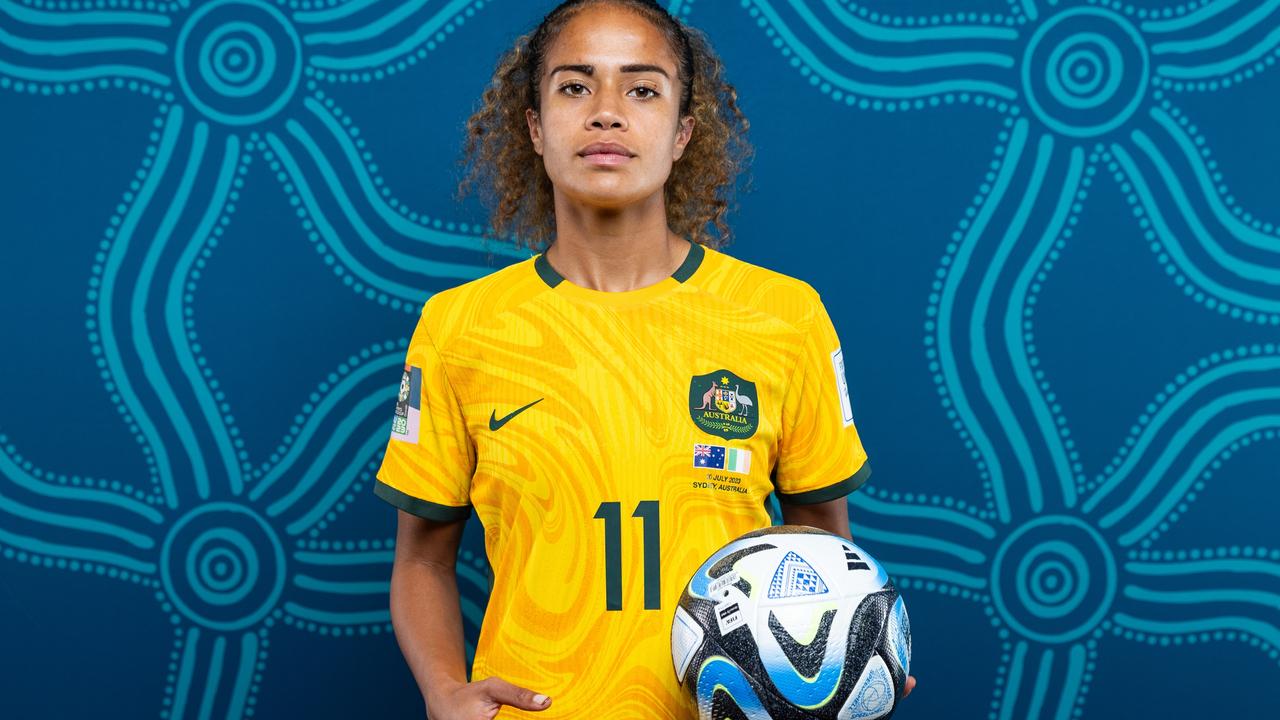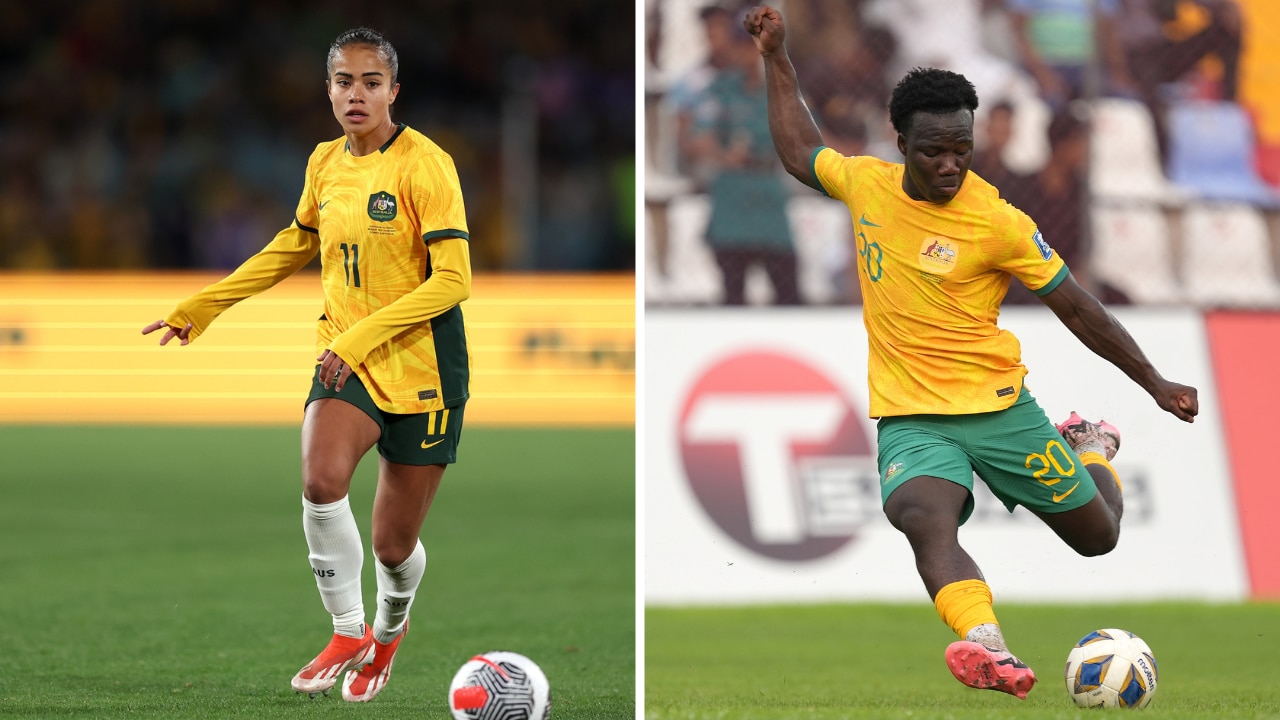Roman Abramovich changed English football but another change must come with his exit
As Roman Abramovich’s exit from the Premier League looms, English football must rethink its links to questionable streams of money, writes JONATHAN NORTHCROFT.

Football
Don't miss out on the headlines from Football. Followed categories will be added to My News.
Just after 3.30pm on Thursday, as bodies lay in rubble in Chernihiv in northern Ukraine, Amanda Staveley spoke with unguarded passion about – in her book – an innocent victim of Vladimir Putin’s invasion of Ukraine: Roman Abramovich.
“You are always going to have geopolitical issues. This world is never going to not have problems,” she philosophised. “I’m really sad today that someone is going to have a football club taken away because of a relationship they may have with someone. I don’t think that’s particularly fair.”
Staveley wanted us to spare a thought for Abramovich, the poor billionaire oligarch, with a fleet of private jets, a flotilla of super-yachts, mansions in London, Manhattan, southern France and the Caribbean, and a trove of art treasures, who has to sell Chelsea quickly, all because of his “close relationship” and “privileged access” to Vladimir Putin. Why oh why, asked Staveley, could people not keep politics out of the game.
Take the 80 per cent stake in Newcastle United held by Saudi Arabia’s Public Investment Fund (PIF), which utilises the country’s sovereign wealth to purchase assets around the world. It is chaired by Saudi Arabia’s ruler, Crown Prince Mohammed bin Salman (known as MBS), and just because Saudi Arabia is a place with “longstanding human rights abuses” (Human Rights Watch), where “repression … intensified” (Amnesty International, 2020 report), sceptics question whether there is an ulterior motive, beyond having a bit of fun with Joelinton, behind oil riches being lavished on a struggling Premier League club.
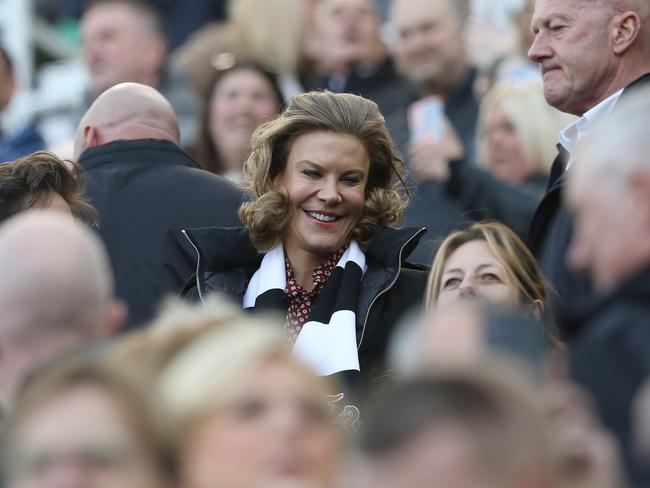
Staveley, who brought PIF to Newcastle and whose firm, PCP Capital Partners, owns a 10 per cent stake in the club, had previously laughed off the idea that Saudi Arabia wants to “sportswash” its reputation via a good news investment in the world’s most popular and visible sport.
On Thursday she doubled down, after a journalist brought up the fact that Abramovich is selling Chelsea under pressure because of Ukraine, and suggested she should worry about attention falling on Newcastle. After all, Saudi Arabia are involved in a war in a neighbouring country, Yemen, where a Saudi-led military coalition has been intervening in a civil conflict on behalf of its authoritarian government against Iran-allied Houthi rebels. Staveley responded: “We’ve got to remember Saudi is a big, important country. I love the people there. It is a young, vibrant population and I’ve seen Saudi change so much. And I’m not talking now as Newcastle. I’m talking as me.
“I’d rather everybody look and get excited about football than be involved in war. So if we can create great content … and I think the Premier League is the greatest league in the world, and I know we’ve got a real tough game ahead of us.”
According to those closest to the Newcastle takeover, the PIF is worth 700 billion pounds, more than 60 Abramovichs, but when the Russian rode in to buy Chelsea for 140 million pounds in July 2003, he was sport’s new paradigm of wealth. Other Premier League clubs were owned by old-fashioned local magnates, or their scions, whose names were entwined with the traditional football landscape: Doug Ellis, Martin Edwards, Ken Bates, David Moores, Sir John Hall’s family, Sir Jack Walker’s family. The teams’ shirt sponsors – Reg Vardy, Phones4U, Dr Martens, West Bromwich Building Society – spoke of a different age.
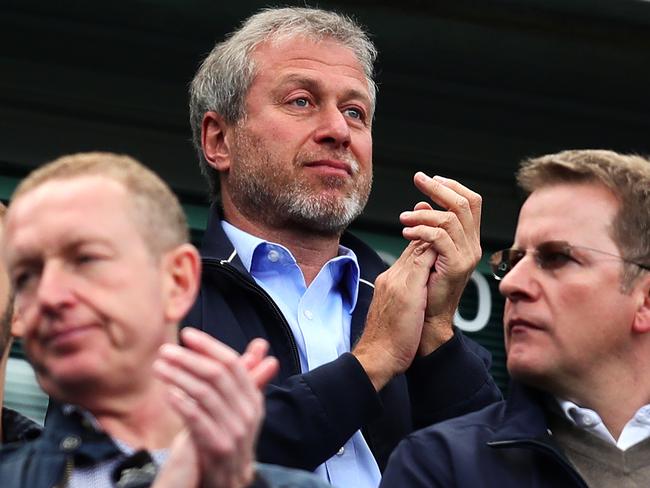
The season before Abramovich arrived, Chelsea’s main signing was a 500,000-pound Portuguese nonentity, Felipe Oliveira. Post-Roman, the signings rolled in, the world’s hottest young manager – Jose Mourinho – arrived, and trophies, and points, in record quantities, followed.
Abramovich was the first foreigner to buy a Premier League club and three months after he did so, Malcolm Glazer bought his first shares in Manchester United. Glazer became United’s owner in 2005 and fellow United States investors followed. Randy Lerner bought Aston Villa, Hicks and Gillett bought Liverpool, Stan Kroenke acquired Arsenal – though also acquiring a large stake was Alisher Usmanov, another oligarch, and one who has never disputed being part of Putin’s circle. After a couple of seasons of Abramovich, Moores, Liverpool’s former chairman, told Jamie Carragher, “It’s not enough to be a millionaire anymore. To compete you need to be a billionaire.”
Some of these overseas takeovers were ill-fated. An Icelandic banker bought West Ham United and went from billionaire to bankrupt within two years. The Indian chicken tycoons Venky’s bought Blackburn Rovers, targeted Ronaldinho, and hired as “global adviser” a Malaysian TV star. Soon they were in League One.
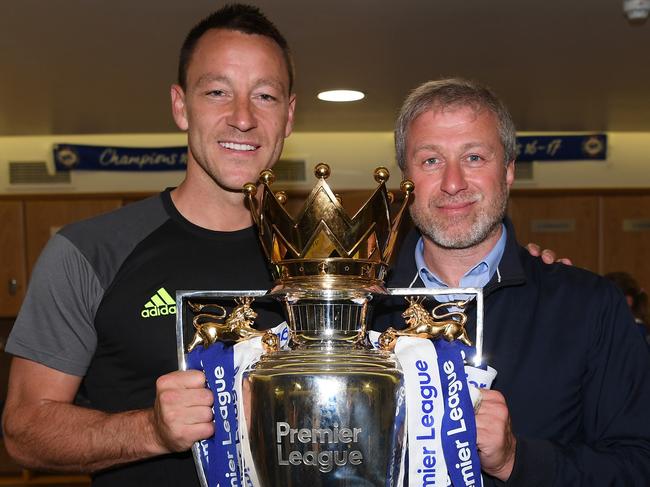
Exact reasons for becoming owners differed, but a constant was what seemingly drew Abramovich: the Premier League’s growing profile around the world. Whether making money, or building an image, there is a lot you can do with that, and in June 2007 the recently deposed prime minister of Thailand, Thaksin Shinawatra, bought Manchester City. Sportswashing? “This is all public relations. He fears he is losing his political power. He wants his job back and he’s using Thailand’s love of football to maintain his high profile here,” said Wanchai Rujawongsanti, a Bangkok Post sports columnist. Thaksin had his assets frozen back home and was also under UN scrutiny for overseeing a law enforcement crackdown, allegedly leading to more than 2,000-plus extrajudicial killings, while in office. Yet the Premier League waved him through their “fit and proper persons” test.
A year on, Thaksin, with City haemorrhaging money after a unsustainable transfer spree, sold to a crown prince of Abu Dhabi, Sheikh Mansour. The deal was brokered by Mansour’s adviser, Ali Jassim, and a well-known intermediary for investors from the Gulf – Staveley. The former City chief executive Garry Cook’s pitch to that pair was: “Nobody had ever heard of Roman Abramovich until he bought Chelsea Football Club. If you’re developing your nation and looking to be on the global stage, we are your proxy brand for the nation.”
The rest is … money, money, money, and a redrawing of English football. The buyout of Newcastle was completed in October for 300 million pounds after a 16-month process during which Staveley, PIF and their fellow investors, the Reuben brothers, fought to convince the Premier League that the Saudi state will not be running the club.
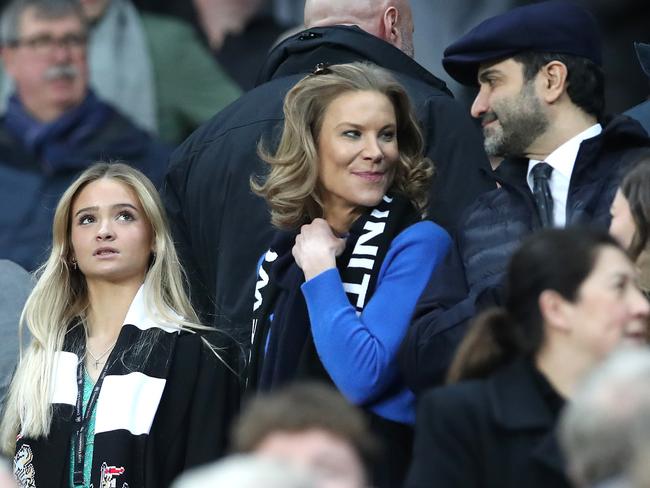
While the Premier League’s decision not to scrap its TV deal with Russia in the wake of the Ukraine invasion has surprised some, others may look at that when voting on major decisions, at least 14 of its clubs have to be in favour. Saudi Arabia and Abu Dhabi are Russia’s allies, and, until a sale, Abramovich will still control Chelsea.
Though Everton are trying to extricate themselves from their links to Usmanov, previously a big sponsor, their owner is his business partner, Farhad Moshiri. Meanwhile, China and Thailand are neutral regarding the war in Ukraine, so the owners of Wolverhampton Wanderers and Leicester City may have to take into account the positions of their own countries’ governments in any vote that would harm Russian interests. Some analysts believe Abramovich will do well to get half the three billion pounds he wants for Chelsea and the Premier League is making noises about stiffening its owners’ and directors’ test.
But let’s not get bogged down in the details.
There’s “great content” to create, and wouldn’t it be nice if everybody got excited about football rather than being involved in war?
– The Sunday Times
Originally published as Roman Abramovich changed English football but another change must come with his exit

